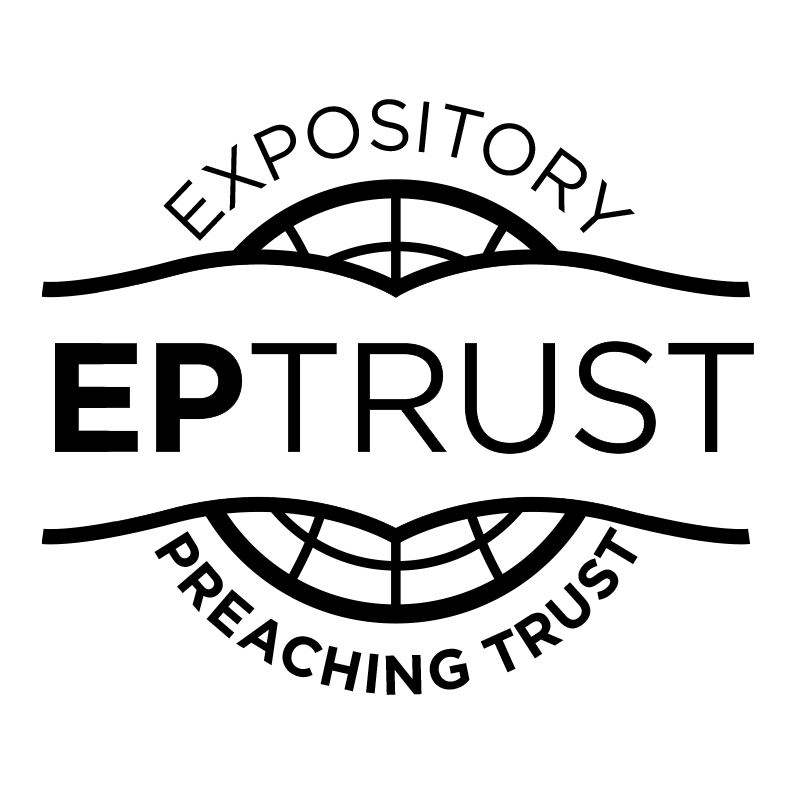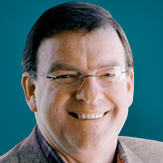‘Unapplied truth is not Biblical truth, it is something else and something less’, A.W.Tozer.
We have all heard the sermon which rambles for 30 minutes and ends whimpishly, ‘let him who has ears, hear what the Spirit is saying’.
Application is the ‘so what’ factor of the sermon, it is showing the audience the implications for daily living, showing how information may be transformative.
The preacher has a 3 fold task: to engage his audience; to explain the text; to apply truth to life.
All 3 of these are demanding, our training equips us for the explanation part and leaves the engagement and application for us to learn on the job.
Working with preachers, I find most appreciation in these two areas of engagement and application.
I think the best order of preparation is to work out what the passage is saying (explanation), then to work out how this truth applies and then to work out, finally, how to engage the audience with this truth, by isolating the question which this truth is answering.
When it comes to application it is helpful to know something of what is going on in the lives of your people, a good applier of truth will be an involved pastor, Kevin deYoung suggests we think about the weary, the wayward, the lazy and the lost. Haddon Robinson urges the preacher to think about 6 different members of the church and how these truths may apply to them.
I work on 3 levels:
Necessary or how this MUST apply to ALL.
Impossible, how this MUST NOT apply to ANY.
Personal or possible, how this MAY apply to SOME.
Example 1. Psalm 23. The Lord is the shepherd king of his flock, He leads them in provision and eternal security.
Necessary: In being part of God’s flock, under the good shepherd, the Lord Jesus, I will find blessing and eternal security, therefore come and trust Him.
Impossible: I can find blessing and security in being my own person, ‘ God helps those who help themselves’. Proud self sufficiency is the way to cope in life.
Possible: My primary identity marker is to be a sheep in the flock of the Lord Jesus and to be in solidarity with my fellow sheep. I must identify and resist those things which readily compete with the shepherdly leadership and provision of Jesus. Self-sufficiency is insufficiency.
Example 2. Matthew 6:24. A person can’t be ruled by 2 competing masters, God and wealth can’t equally rule.
Necessary: A disciple of Jesus cannot serve both God and wealth, he will either serve God and use wealth or use wealth and serve God.
Impossible: I am the exception, I can effectively serve both God and wealth’s mastery. (Probably most of our people are living consistently with this impossible application).
Possible: God is Lord and wealth, which depreciates, is not. I need to keep reminding wealth that it does not rule me, asserting Christ’s Lordship over my wealth by expending my wealth in the service of Christ’s Kingdom. Accumulation and Consumerism each are evidence of wealth’s false lordship.
How can I spend so as to promote Christ’s lordship over all ( Colossians 1:16).
How can I teach my wealth that it does not rule me?
Generous giving to Christ’s gospel work is a great way of declaring war on the false rule of wealth.
Application is showing our listeners a right response to God’s word, Calvin used to open his lectures by praying, ‘Grant us Lord, to meditate on the heavenly mysteries of your wisdom, with true progress in piety, to your glory and our edification, Amen’, a good way of reminding every listener of the purpose of every sermon!
David Cook.


